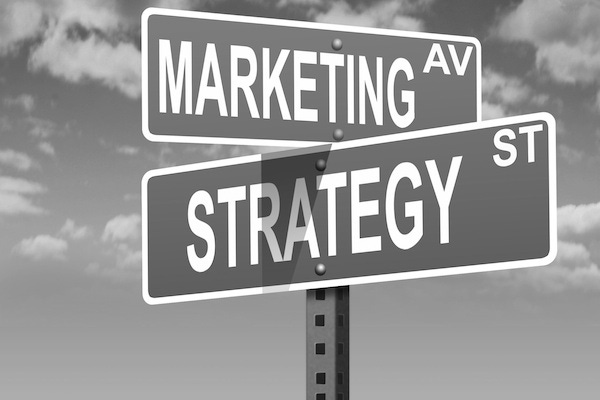Solution providers—most small businesses for that matter—usually are not the savviest marketers. Most owners and operators are focused on customers and bottom-line operations and, as a result, neglect to have a solid marketing strategy.
April 8, 2015

Solution providers—most small businesses for that matter—usually are not the savviest marketers. Most owners and operators are focused on customers and bottom-line operations and, as a result, neglect to have a solid marketing strategy.
This is major mistake and easily avoidable. Your marketing efforts today are for the future of your company. However, any effective marketing efforts need to be well-planned and encompass an integrated, 360-degree strategy.
Too many times organizations just advertise or support a local community event and then wonder why their marketing efforts aren’t effective. They approach marketing campaigns as a one-off and then when they don’t generate any new business, they cut back.
The three main components of any effective marketing program include brand awareness, thought leadership and lead generation. This is called a closed-loop campaign that brings your brand in front of perspective customers, shows you’re a thought leader and then gets permission to contact a potential customer.
Brand awareness: The first step is getting the word out to a targeted customer base. This can take basic forms, from local advertising to TV and radio to targeting campaigns in trade journals. Here is where the cost of entry has really decreased. Targeted digital advertising campaigns can put your brand name in front of your targeted audience regularly and cheaply. Online banners, ad units and newsletters are all efficient ways to get your brand message out.
Thoughts Leadership: Every brand awareness campaign needs to have a thought leadership component. Thought leadership comes in many forms but ultimately aligns your brand with industry news, insights or education. It is about providing education or tools to your perspective customers. This can be in the form of white papers, native advertising, being a resource in business articles and speaking engagements at industry events. The point is to invest in your industry in terms of educational tools and resources and not just always pushing a sales message. Thought awareness gains the trust of perspective buyers and ads legitimacy to your company’s brand.
Lead Generation: Ultimately, every marketing effort has to help sales fill its pipeline. Every part of a marketing strategy needs to lead down the path of lead generation. Providing valuable, gated content on appropriate websites or newsletters is a good start. Hosting online events where specific information is captured takes lead generation to the next step and casts a wide net of highly targeted customers who have expressed interest in your company. Intimate face-to-face events such as boardroom-style roundtables with 15 to 25 highly engaged prospects are highly effective.
The ultimate goal of marketing is to support sales. To do that effectively, every organization needs to push its brand awareness, be associated with thought leadership and ultimately fuel lead generation efforts.
About the Author(s)
You May Also Like


